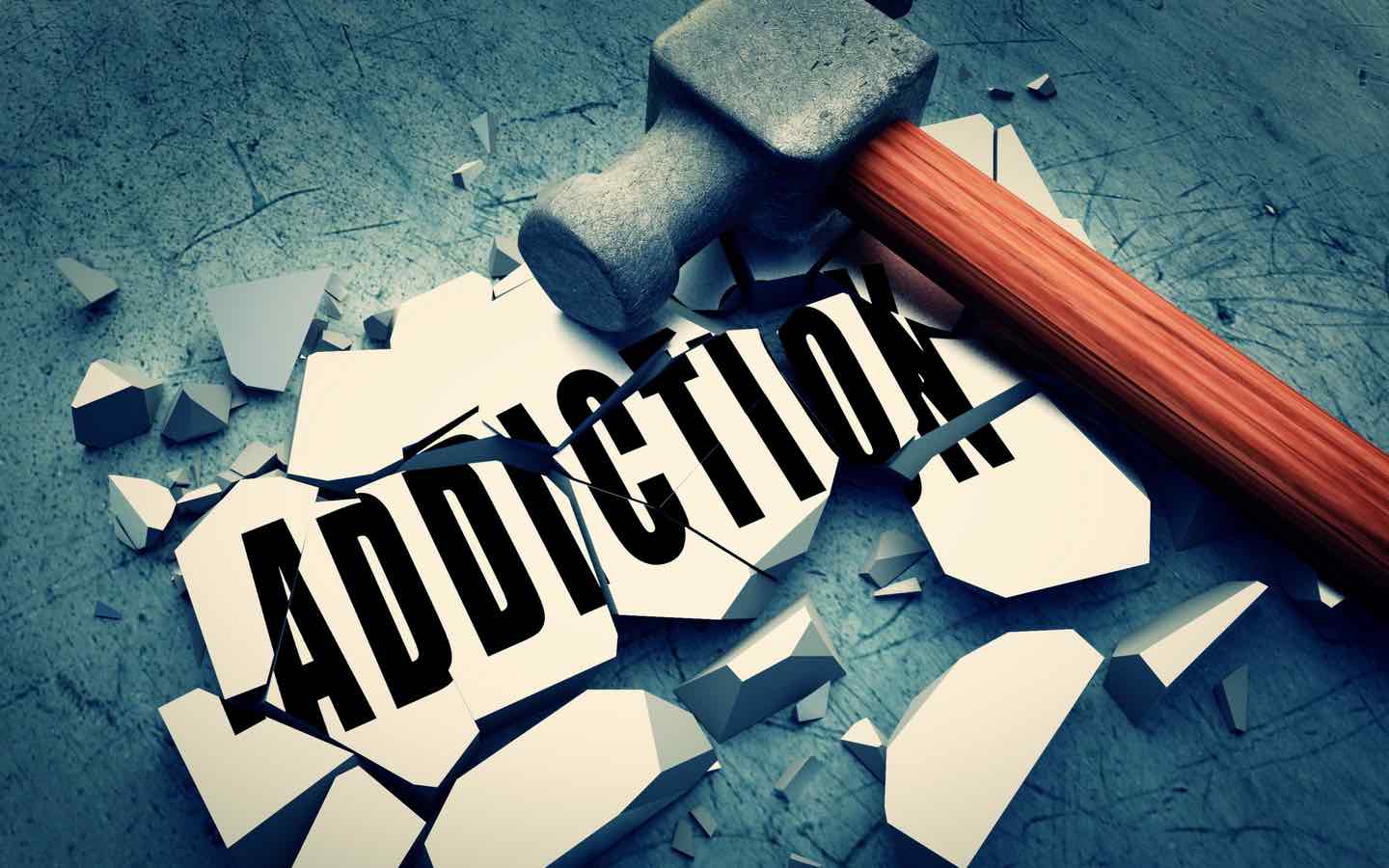Most people assume that an addiction is only to a substance like alcohol or drugs, but did you know that you can be addicted to work, to perfectionism and even to relationships?
Check Out These Types of Addiction:
SUBSTANCES ➤ alcohol, drugs, nicotine, sodas, caffeine and food
OBSESSIVE BEHAVIOURS ➤ shopping, gambling, internet, gaming, TV, sex, pornography, collecting and work
RELATIONSHIP NEEDINESS ➤ approval, attention, codependency, drama, people-pleasing and toxic relationships
OTHER ➤ over-achieving, perfectionism, risky behaviours, adrenaline, fantasizing and phobias
Do you relate to any of the above? If so, you are not alone. We can all go to an addiction when we want to numb distressing emotions we are not even aware of.
When we are in control of what is going on inside, we don’t need an addiction to cope.
The Facts
➤ 22 % of Canadians will meet the criteria for a substance abuse disorder
➤ Alcohol is the most common addictive substance at 18%
➤ 1 in 20 Canadians is a food addict
➤ All addictions result in loss of emotional wellbeing, money, time and productivity
➤ Insecurity creates relationship dependency that can be just as addictive as cocaine
The bottom line is that an addiction takes away from you more than you realize.
How do we break free from an addiction?
First, you need to understand the addiction and address the root causes. You need to understand addictive cycles and what feeds them. Learn. Read. Research. If you get professional help, your counsellor can help accelerate the learning process.
Next, you need to develop a plan and work it. Addictions don’t just go away on their own and insight is often not enough. When you make the choice to stop the addiction, focus on that change one day at a time. You will also need to make positive life changes such as engaging in healthier behaviours.
Plan for relapse and adjust accordingly. You will have set-backs. Don’t let that drag you down. Failures will happen on the way to success. The goal is to have more successes over time until they become the norm.
When you can, don’t do it alone. Find a friend, family member or mentor to help you through it. In struggling times you can reach out and get the support you need to keep you on track.
Calgary Addiction Counselling Services
Here in Calgary, I seek to help people find ways to overcome addictive behaviours with a combination of practical guidance and getting to the root of the problem.
Michael Haggstrom, RCSW, Doctor in Counselling. If that sounds like what you are looking for, call me or email. I’m happy to talk with you.
Sources:
Statistics Canada – Mental and substance use disorders in Canada
Centre for Addiction & Mental Health – Mental Illness and Addictions: Facts & Statistics
National Post – One in 20 Canadians is a Food Addict








